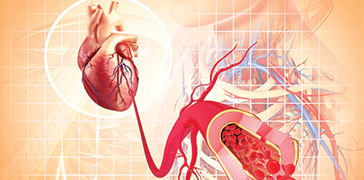
Managing Opioid Overdose in the Hospital Setting
There are numerous crucial roles pharmacists can play in the appropriate care of patients with opioid toxicity in the hospital setting.
Worsening Overdose Crisis Predicted
Opioid-related research developments of interest to pharmacists.
Peripheral Arterial Disease From a Community Pharmacy Perspective
Peripheral arterial disease (PAD) describes a phenomenon in which circulation to the leg is diminished due to atherosclerosis, resulting in reduced blood flow and often causing pain that can be limiting to those who experience it.
A New Approach to Managing Gastroparesis
Although there is no cure for gastroparesis, changes to the diet, along with a variety of recent and longstanding medications, can offer some relief of symptoms.







